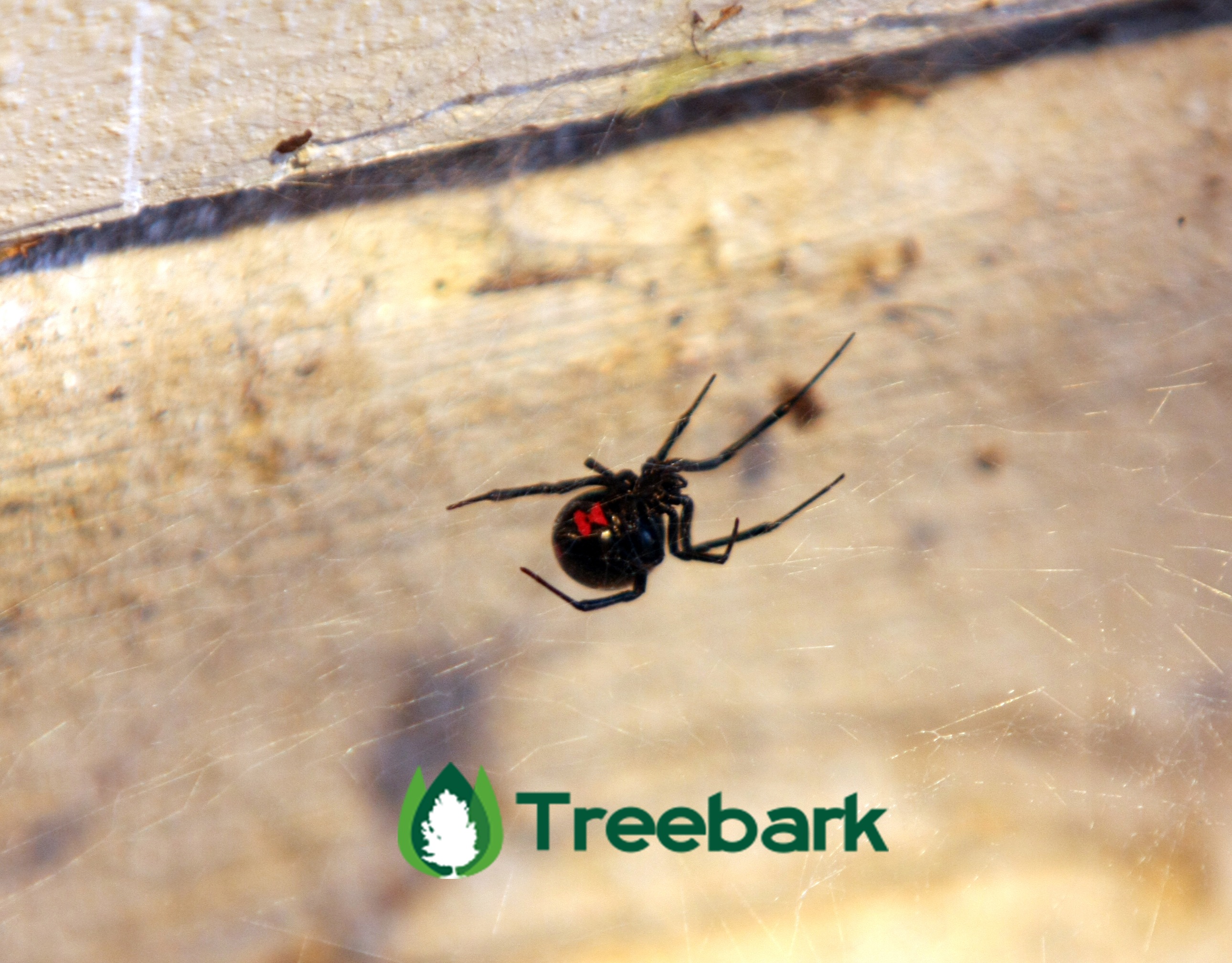
Most people agree that organic pest control is the safest way to get rid of unwanted insects both in our homes and gardens. However, a lot of these people admit to still buying chemical pesticides despite knowing their side effects. The reason for this is that they either doubt their effectiveness or simply do not know which organic pest control solution is ideal for them. Today we are going to share a list of the most effective organic pest control methods together with the pests they tackle best.
The Best Organic Pest Control Techniques
1. Bacillus Thuringiensis (BT)
BT is a bacterium that naturally occurs in the soil. Once it is inside the insect it produces a protein that causes it to die.BT is usually specific to particular groups of insects so you should find the type of Bacillus Thuringiensis that will work for your pests.
It can be bought in liquid, powder or dust form. It is dusted or sprayed on affected crops. BT is however only effective in the non-adult stages of the insect. A popular variety of BT IS BT var Kurstaki which kills nearly 100 types of pests including imported cabbage worms, tomato horn-worms, squash vine borers and corn ear-worms.
2. Horticultural Oil Sprays.
This is a very simple pest control technique. By spraying the oils on the insects you block their airways and hence they suffocate. Some people use regular oil but these can often be too dense having adverse effects on the plants. Horticultural oils are lightweight and have do not clog the plant’s pores. It is advisable not to use oil sprays on moisture deficient plants as this may worsen their situation further.
Oils sprays work best on aphids, beetles, caterpillars, leafhoppers, white flies and thrips.
3. Insecticidal soaps.
This is one of the most effective organic pest control techniques. Insecticidal soaps are composed of unsaturated fatty acids found in animal fats. They are made commercially. They are sold in liquid form and are sprayed directly on to the pests. They work by dissolving the insect’s outer cuticle which may also be referred to as its skin.
Insecticidal soaps are only effective in liquid form so it is important to hit as many insects as possible as once it dries up it has no effect. They could also burn plant leaves. To prevent this it is important to test them by spraying the on some leaves and observing them for at least 48 hours. Insecticidal soaps work on almost all types of insects.
4. Traps
There are two types of traps. Pheromone traps and Sticky traps. Pheromones traps replicate the scents of the particular insects they wish to trap. These however attract mostly male insects hence are not very effective in eradicating pests. Their real value is that of early detection. Once one male is trapped you are warned of impending infestation and hence you come up with a strategy to deal with the insects before they become a problem.
Sticky traps are where rigid material is covered with adhesive substances so as to trap insects that come into contact with it. These come in different colors depending on the insect you want to trap. Here is a list of colors and some of the insects they attract; Yellow traps-white flies, fungus gnats, fruit flies; White traps-cucumber beetles, white flies; Red spheres- ideal for apple maggot flies.
5. Row covers
These act as physical barriers between the plants and the pests. They are made of translucent polyester material. The let both moisture and light pass through easily. There come in light weight and heavy weight varieties. It is advisable to use lightweights in summer so as not to scotch the plants. These should be used temporarily e.g. when pests are most active or when the plants are still seedlings. They are ideal for aphids, imported cabbage worms, squash bugs, tomato pin worms and corn ear worms.
The great thing about these organic pest control techniques is that they are both cheap to buy and easy to use. If you are still using dangerous chemicals after this then you’ve got a problem!
